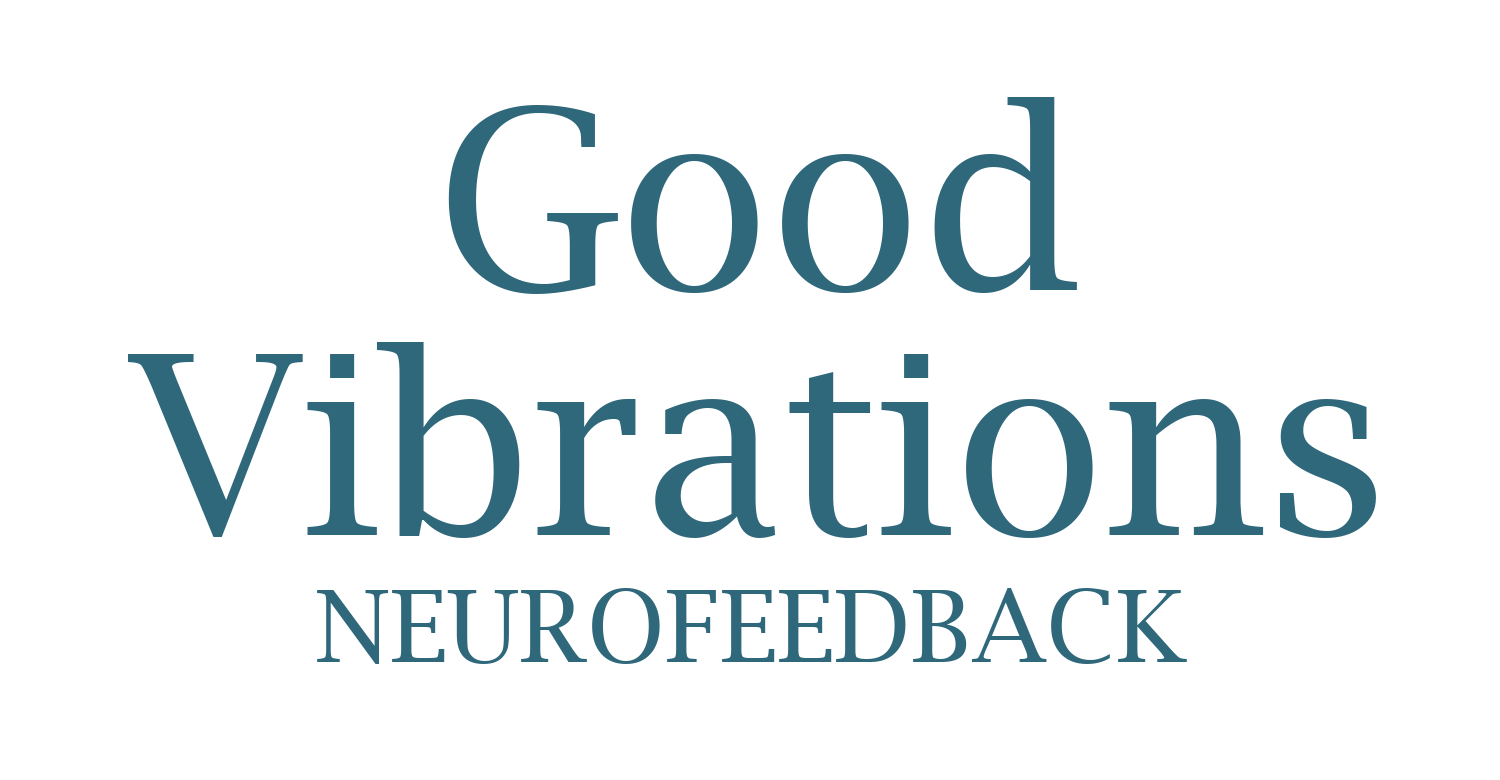Chemo Brain (Cancer therapy)
Research On NeurOptimal® For Chemo Brain
Common cancer treatments can affect the mental health of the patient. Doctors call it cancer treatment-related cognitive impairment, cancer-related cognitive change, or post-chemotherapy cognitive impairment (PCCI), but to many patients, it goes by “chemo brain.” It’s a mental “fog” that affects their overall cognitive function, and it’s a result of the treatment for cancer. One expert said it can affect as many as 75% of those undergoing chemotherapy.
Chemo brain is characterized by a decrease in mental acuity, with many patients highlighting their inability to remember things, finish certain tasks, concentrate, or learn new skills. These mental changes can make the patient unable to handle their usual activities in work, school, or at social activities.


Neurofeedback for Cancer Survivors
Some cancer survivors experience cognitive challenges following treatment, often referred to as “chemobrain” or “chemofog.” Researchers have explored whether neurofeedback may offer supportive benefits in this area.
– One study, “The Effect of EEG Biofeedback on Reducing Postcancer Cognitive Impairment,” examined how neurofeedback sessions related to changes in fatigue, sleep disturbance, and other psychological symptoms in individuals with post-cancer cognitive concerns.
– Another study, “Efficacy of EEG Biofeedback in Addressing Cognitive Dysfunction in Cancer Survivors,” observed improvements in areas such as memory, attention, and mood among participants.
While further research is needed, these studies highlight the growing interest in neurofeedback as a potential tool for supporting recovery and quality of life in cancer survivors.
